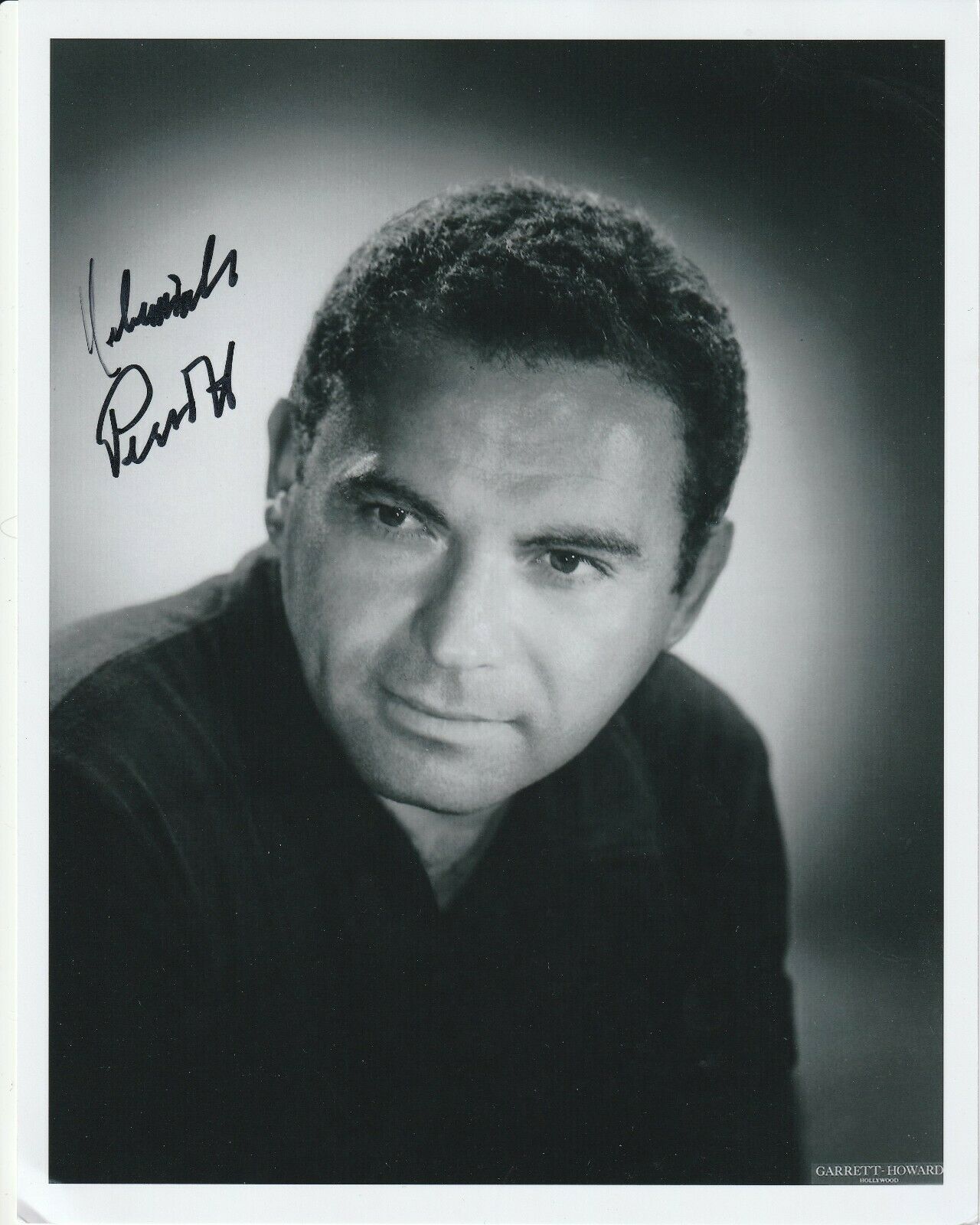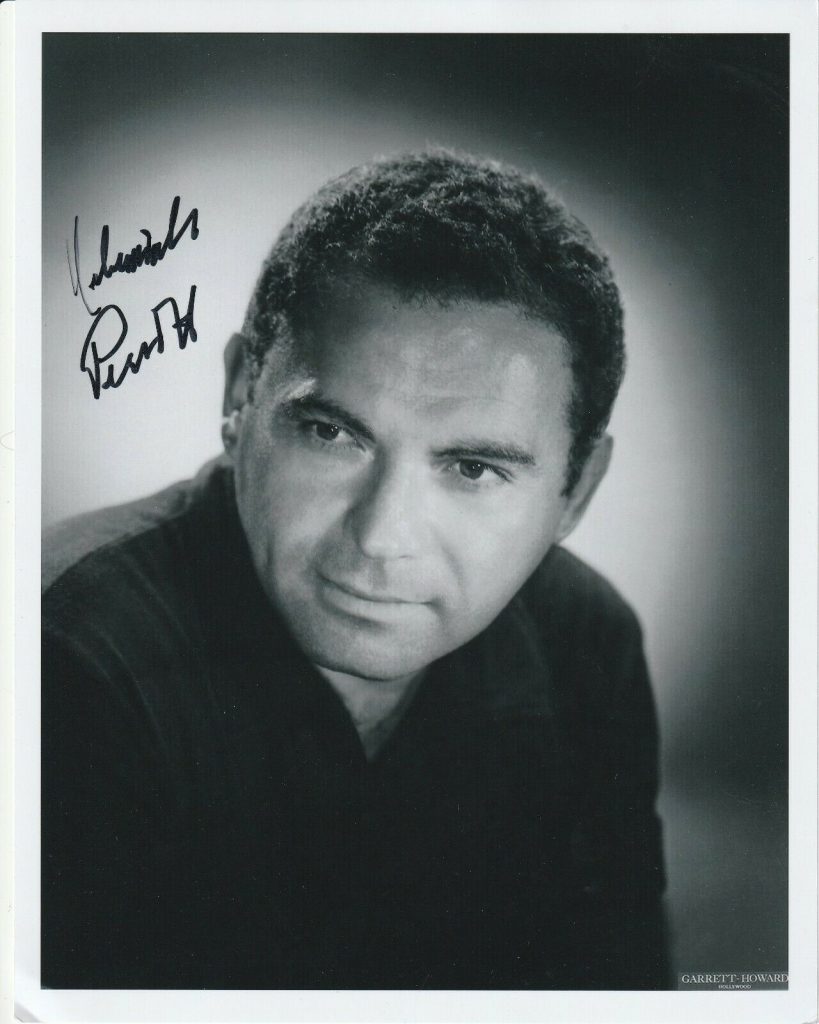
Nehemiah Persoff (born August 2, 1919) is an American retired actor and painter. He appeared in more than 200 television series, films and plays in his career spanning 52 years.
Born in Jerusalem, Persoff emigrated with his family to the United States in 1929 and graduated from the Hebrew Technical Institute in 1937. After serving in the United States Army during World War II, he worked as a subway electrician, maintaining signals while he began to pursue his acting career in the New York theater. In 1947, he was accepted into the Actors Studio, and was one of the 26 members of the beginners’ class taught by Elia Kazan, along with James Whitmore and Julie Harris. He began his acting career in 1948.
One of his first notable roles was as the gangster boss “Little Bonaparte”, a parody of Little Caesar in Billy Wilder‘s film classic Some Like It Hot (1959). He also appeared in supporting roles in films such as The Greatest Story Ever Told (1965) and The Comancheros(1961). In the film Yentl (1983), Persoff portrayed the father of Barbra Streisand‘s character. He appeared in the comedy film Twins (1988), and in the American Tail animated-film series as Papa Mousekewitz. His last movie was 4 Faces (1999), which was the last film to be directed by Ted Post.
His many television credits include Five Fingers (“The Moment of Truth”), The Big Valley (“Legend of a General”, Parts I & II, episode), Alfred Hitchcock Presents (“Heart of Gold” episode), The Twilight Zone (“Judgment Night“), The Untouchables (six episodes, including three episodes as Jake “Greasy Thumb” Guzik, regarded by many as his signature role ), Naked City, Route 66 (two episodes), Seaway (“Last Voyage” episode, 1965), The Legend of Jesse James, Voyage to the Bottom of the Sea, Gunsmoke, Gilligan’s Island (as the title character in the episode “The Little Dictator”, the favorite episode of the show’s creator Sherwood Schwartz, The Wild Wild West, The High Chaparral (“Fiesta” episode, 1970), Hawaii Five-O (seven episodes), Cannon, Ellery Queen (“The Adventure of the Pharaoh’s Curse” episode), Mission: Impossible (three episodes), Adam-12 (“Vendetta” episode), The Mod Squad and Barney Miller (three episodes).
Persoff retired from acting in 1999 and pursued painting, specializing in watercolors. He currently lives with his wife, Thia, in Cambria, California. They have four children
New York Times obituary in 2022:
Nehemiah Persoff, a ubiquitous character actor whose gravelly voice and knack for conveying an air of menace magnified his portrayals of a bevy of sinister types, most notably a half-dozen Prohibition-era gangsters, died on Tuesday in San Luis Obispo, Calif. He was 102.
The cause was heart failure, his grandson, Joey Persoff, said.
For decades Mr. Persoff was one of most recognizable faces on television, by face if not by name; he was seen on hundreds of shows, beginning in the late 1940s. He usually played a supporting character, sometimes kindly, sometimes malevolent, but, given his gift for dialect, frequently with an undefined foreign accent.
He appeared on such durable series of the 1950s, ’60s and ’70s as “Gunsmoke,” “The Twilight Zone,” “Route 66,” “Gilligan’s Island,” “Mission: Impossible,” “Hawaii Five-O” and “Columbo,” and he continued into the 1990s, with parts on “Law & Order” and “Chicago Hope.”
Mr. Persoff, a native of Jerusalem who emigrated to the United States when he was 9, was in real life an amiable father of four who was married to the same woman for seven decades, and who in retirement became an accomplished painter.
His most prominent roles included three tenderly caring parents: a Jewish refugee escaping the Nazis and hoping to reunite with his daughter in Havana in the 1976 film “Voyage of the Damned”; the father of an Orthodox Jewish girl in early-20th-century Poland who poses as a boy so that she can study in a yeshiva, in Barbra Streisand’s “Yentl” (1983); and the voice of the father of Fievel Mousekewitz, the Russian Jewish mouse who emigrates to the United States to escape marauding cats, in the 1986 animated feature “An American Tail” and its sequels.
Yet he was most associated with the dapper gangsters he portrayed in the movies and on television. He was the underworld boss Johnny Torrio in the 1959 film “Al Capone,” which starred Rod Steiger in the title role. In the TV series “The Untouchables,” he played two different real-life gangsters: Jake Guzik, the financial brains of Capone’s bootleg liquor gang, in a few episodes, and Waxey Gordon, New York’s king of illicit beer, in a 1960 episode in which he gleefully aimed a Tommy gun into a competitor’s barrels.
His most memorable supporting role may have been his outsize parody of a mobster, Little Bonaparte, in the classic Billy Wilder comedy “Some Like It Hot” (1959). Two of his lines from that movie are often quoted by film buffs.
In one, addressing a mob gathering disguised as an opera lovers’ convention, he says: “In the last fiscal year we made a hundred an’ twelve million dollars before taxes … only we didn’t pay no taxes!”
And after a hit man pops out of a huge birthday cake and machine-guns another mobster, played by George Raft, and his entourage, Mr. Persoff tells an inquiring detective, “There was something in that cake that didn’t agree with ’em.”
Mr. Persoff once said he loved working on “The Untouchables” because he could lock horns with Elliot Ness, the federal agent played with righteous hauteur by Robert Stack.
“Bob Stack was so nose-in-the-air stuck up, he was so correct and superior, so aristocratic, that without any effort on my part it brought out the rebel in me,” he told the magazine Cinema Retro. “It struck a vein of anger in me, anger which in my mind is such an important part of what makes a gangster.”
Nehemiah Persoff was born in Jerusalem on Aug. 2, 1919, during the years when the territory was transitioning from Ottoman rule to a British mandate. His father, Shmuel, a silversmith, jeweler and art teacher, decided that his prospects would improve in America and emigrated on his own. After six years he brought over his wife, Puah (Holman) Persoff, a homemaker, and his three sons and two daughters.
It was the start of the Depression, and the family lived in a cold-water flat in the Williamsburg section of Brooklyn, though they eventually moved to the Bronx.
Nehemiah attended the Hebrew Technical Institute to study the electrician’s trade, and his first job was as a signal maintenance worker on the old IND subway line. It paid him $38 a week, more than his father earned.
His introduction to acting happened by chance: He was asked to perform a walk-on in a play that was the highlight of a Zionist organization’s function. The experience planted a notion, and after completing three years in the stateside Army, he took a leave from subway work and began studying acting.
Mr. Persoff was among the first students at the Actors Studio, where his teachers were Elia Kazan and Lee Strasberg, proponents of method acting. His fellow students included Julie Harris, Martin Balsam, Cloris Leachman and Kim Hunter.
His first bit part was in the 1948 film noir “Naked City,” but it was another small part that brought him to widespread attention: He was the silent cabdriver in the memorable taxi scene in “On the Waterfront” (1954). His face appears briefly after one of film lore’s most famous conversations, when Marlon Brando tells Rod Steiger: “I could’ve had class, I could’ve been a contender. I could’ve been a somebody, instead of a bum, which is what I am.”
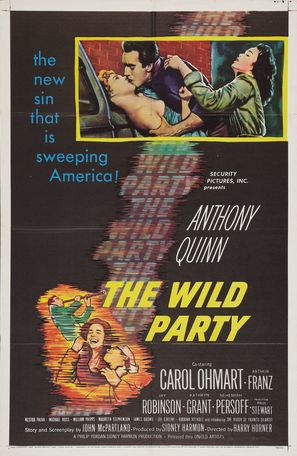
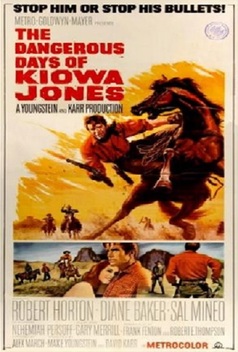
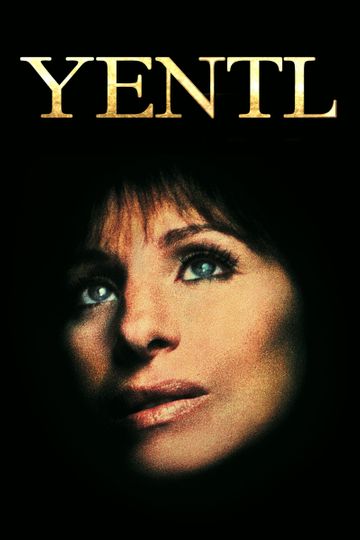
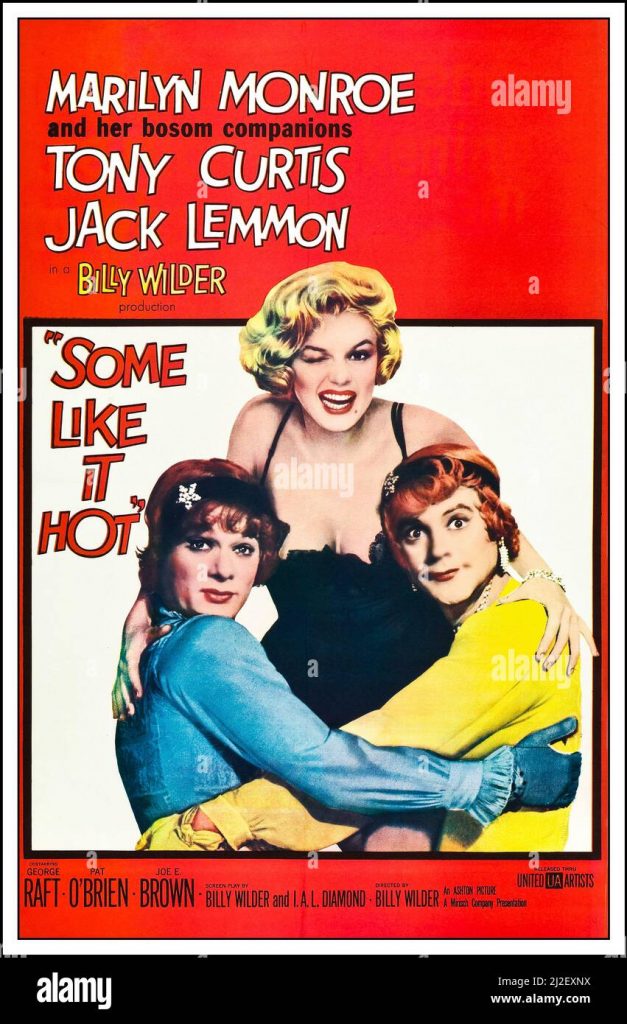

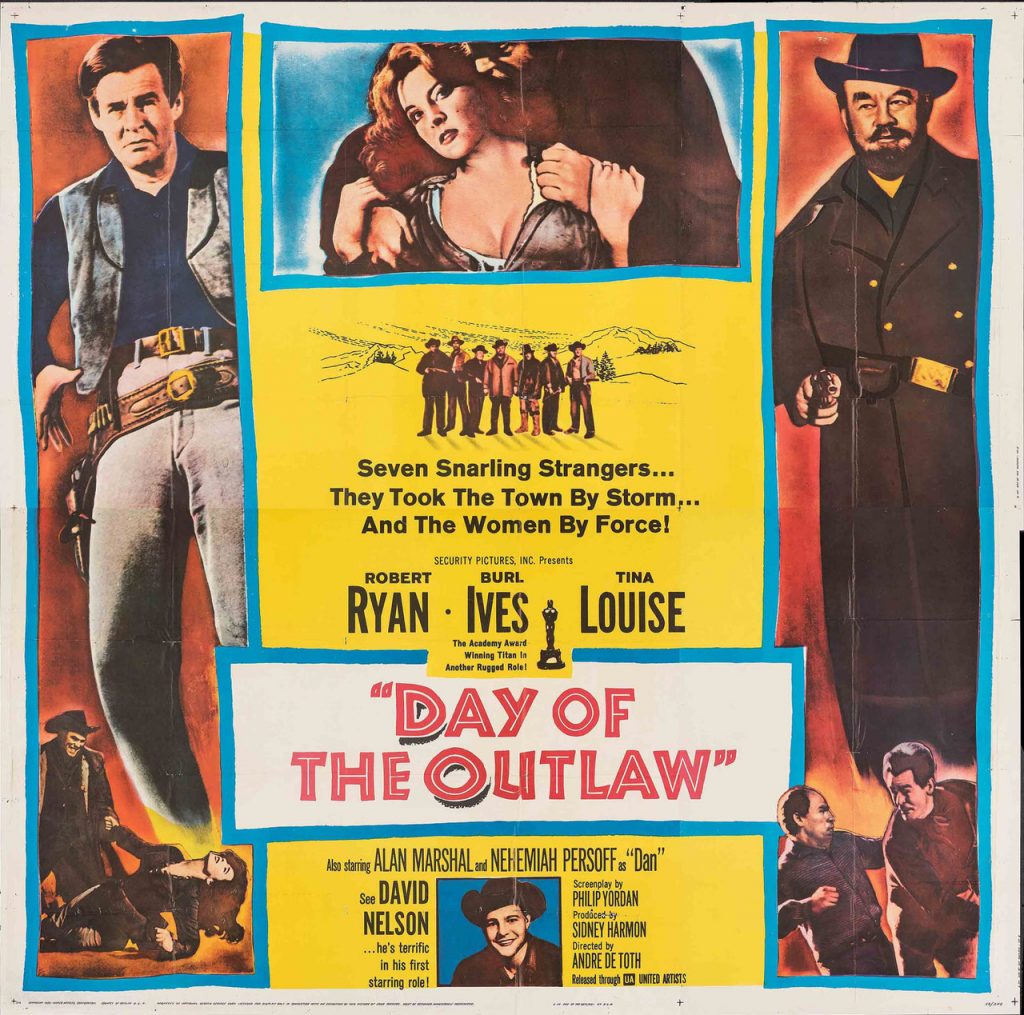
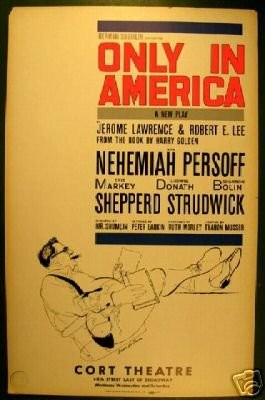
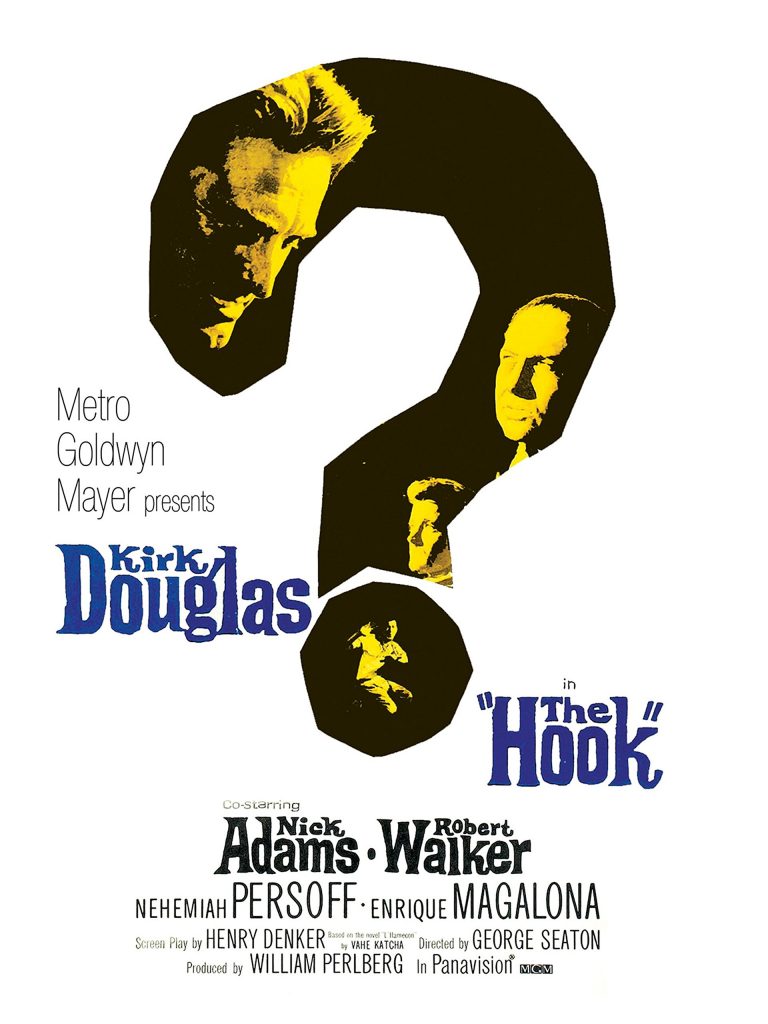
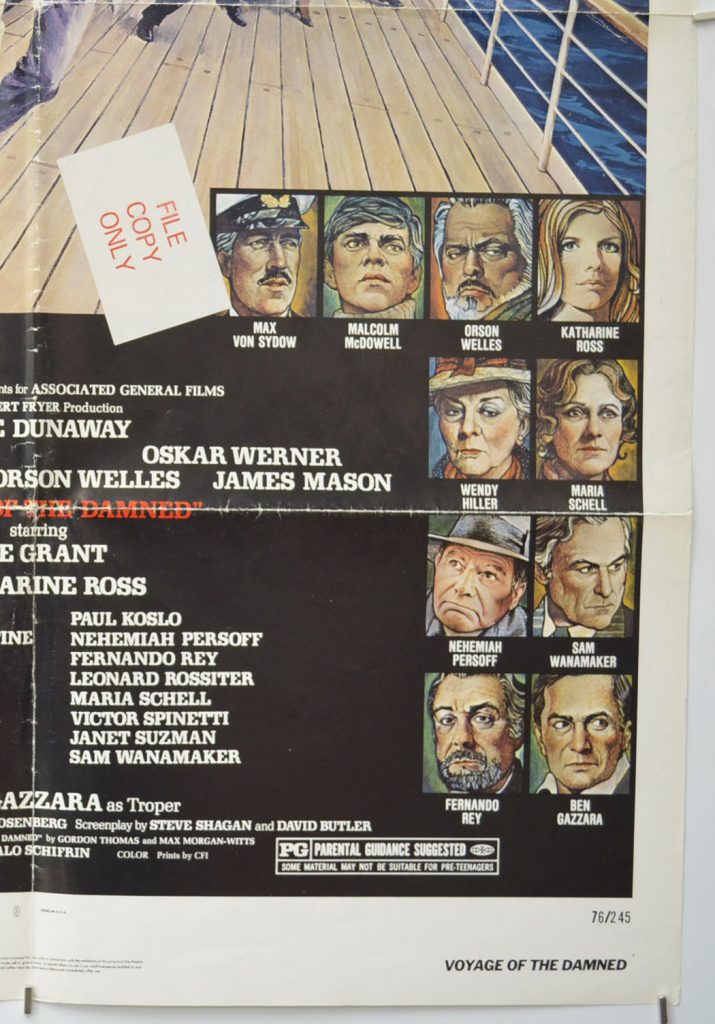
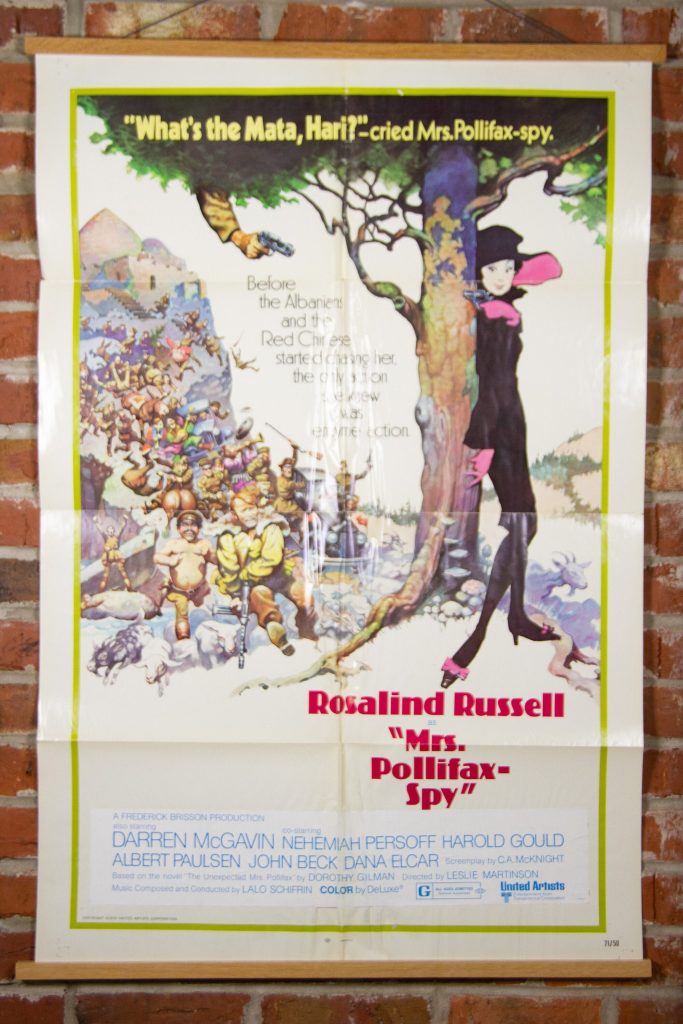
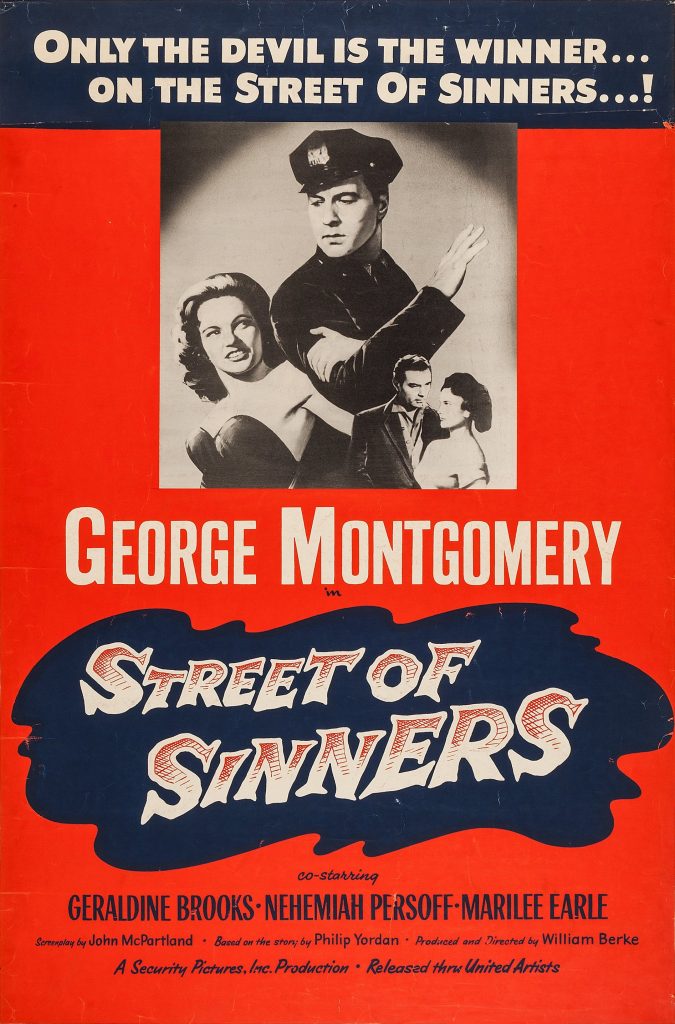
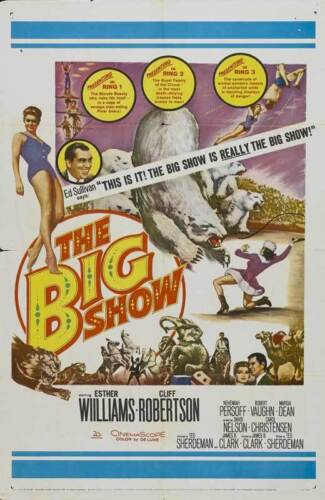
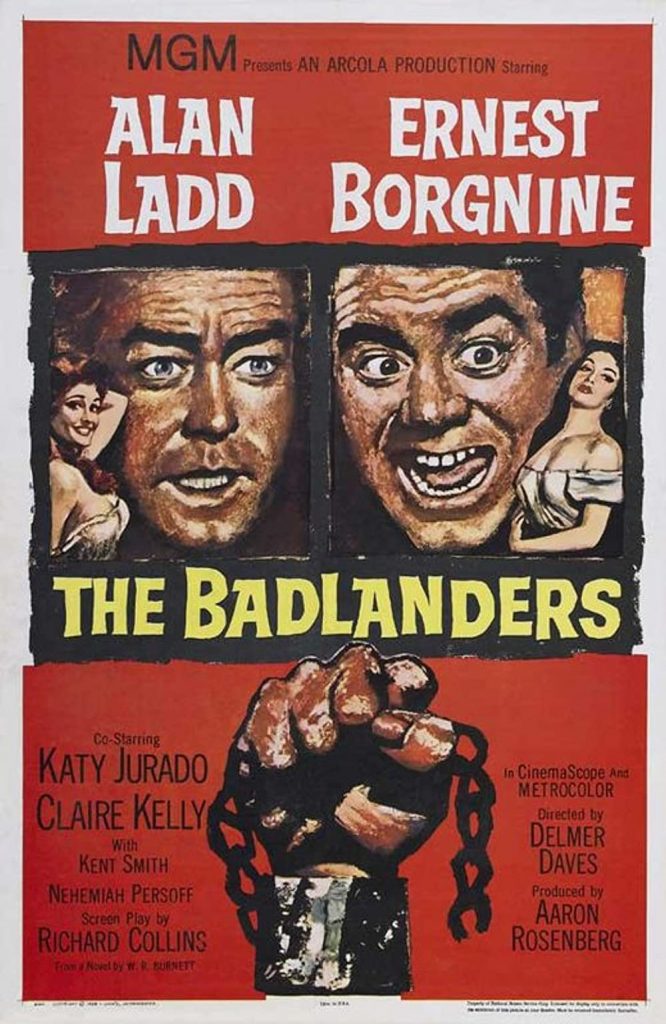
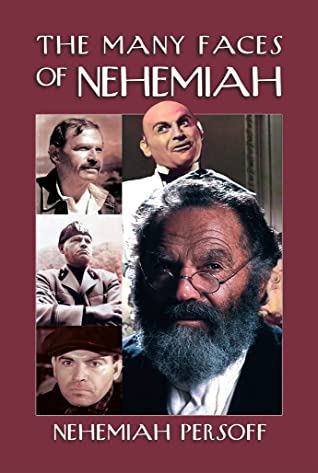
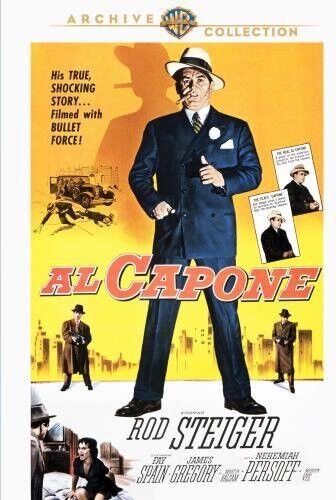
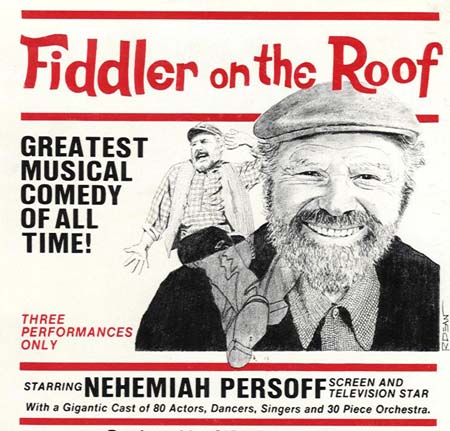
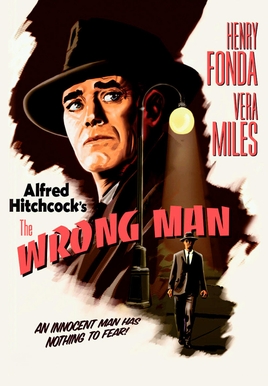
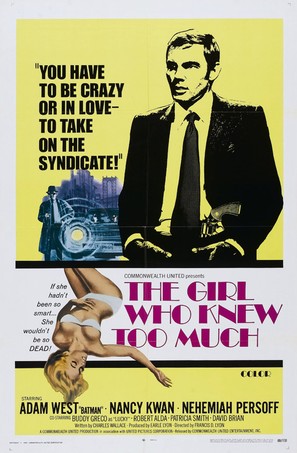
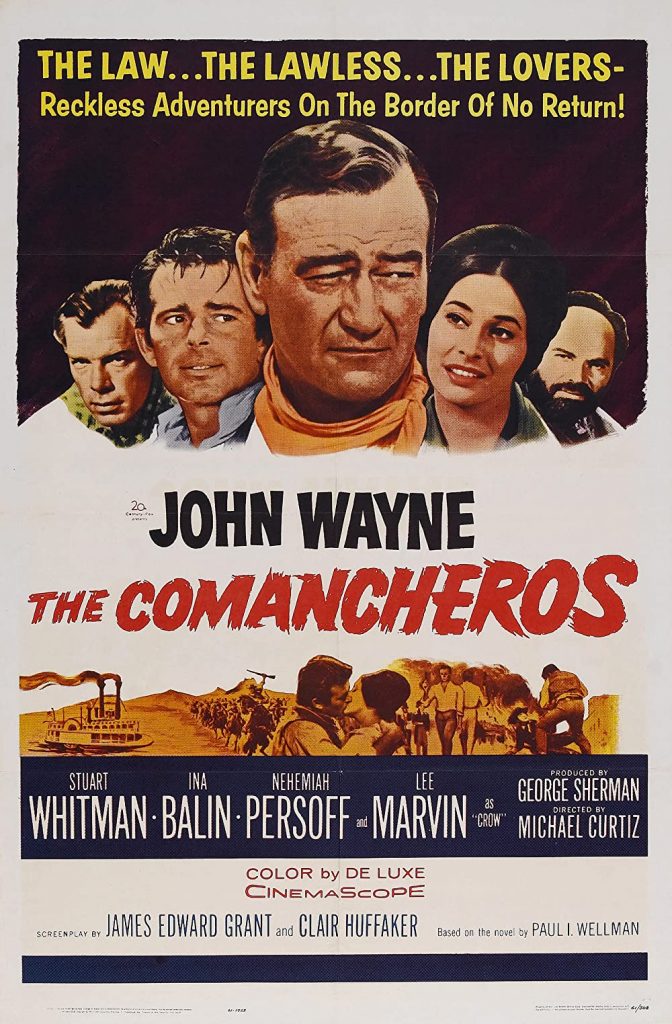
Mr. Persoff was usually cast in small supporting parts, but he often turned them into gems of characterization. One was Leo, the crooked accountant, in Humphrey Bogart’s last picture, “The Harder They Fall” (1956). He coolly tells a furious Bogart that out of the $1 million gate for a championship fight, the story’s overmatched boxer will receive $49.07.
In 1951, Mr. Persoff married Thia Persov, a distant relation who had been a nurse with the Palmach, a Zionist military group, during the 1948 Arab-Israeli War. She died of cancer last year. In addition to his grandson, Mr. Persoff is survived by three sons, Jeffrey, Dan and Perry; a daughter, Dahlia; and four granddaughters. He lived in the town of Cambria on the central Californian coast.
While acting in Hollywood, Mr. Persoff kept his hand in live theater. In 1959, he starred on Broadway as the newspaper editor and essayist Harry Golden in a short-lived adaptation of Mr. Golden’s folksy book “Only in America.” It was the last of his more than a dozen Broadway appearances.
In California, he starred as a cantankerous socialist in his 80s in the Herb Gardner comedy “I’m Not Rappaport” and as the milkman Tevye in “Fiddler on the Roof.” And for almost two decades he appeared as Tevye’s creator, the Yiddish writer Sholem Aleichem, in a one-man show for which Mr. Persoff adapted five of the writer’s fables.
In 1975, he was awarded the Los Angeles Drama Critics Circle Award for his supporting role in “The Dybbuk” at the Mark Taper Forum.
When high blood pressure and other health problems forced him to reduce his workload, Mr. Persoff took up painting, studying in Los Angeles and producing watercolors that have been exhibited in galleries in Northern California. He kept painting until the last week of his life. In 2021 he published a memoir, “The Many of Faces of Nehemiah.”
Beyond dialects and accents, he had a telling philosophy about acting. “If I’m playing a good guy, I’ll try to show that he has some bad in him,” he once said. “If I’m playing a bad guy, I’ll give him some dignity and love.”


